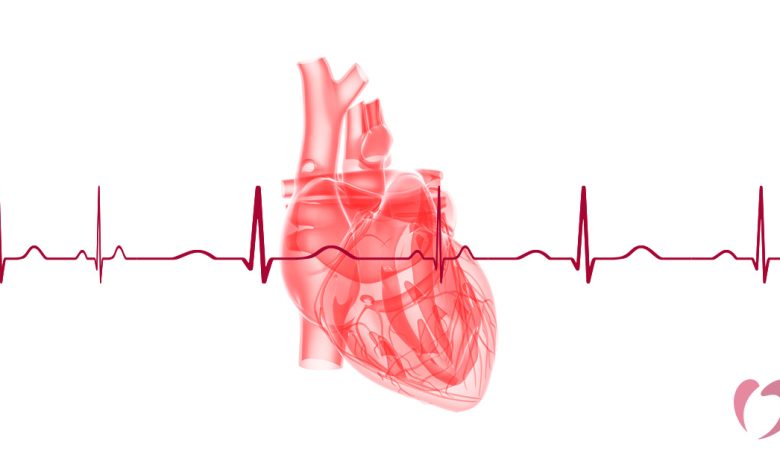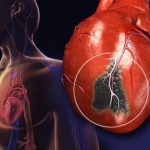New Study Suggests Link Between Gabapentin and Atrial Fibrillation in Young Patients

Gabapentin, a commonly prescribed medication for conditions such as neuropathic pain, restless leg syndrome, and partial-onset seizures, has long been known for its effects on the central nervous system. However, emerging evidence now indicates a potential impact on the cardiovascular system as well. Recent case reports and observational studies have highlighted a concerning association between gabapentin use and an increased risk of atrial fibrillation (AFib), a heart rhythm disorder.
The condition is characterized by irregular and often rapid heartbeat that affects the heart’s upper chambers. It causes the atria to quiver instead of contracting properly, leading to symptoms like palpitations, shortness of breath, and fatigue. AFib is more common as people age and is linked to factors like high blood pressure, heart disease, and obesity. If left untreated, it can increase the risk of stroke due to blood clot formation.
While most of the evidence is centered around patients aged 65 and older who have preexisting health conditions predisposing them to arrhythmias, a new case presentation sheds light on the possibility of this link affecting younger individuals as well.
In this instance, a case involving a male in his 20s of African American descent was brought to attention. He sought treatment at a chronic pain clinic for lumbar radiculitis and was prescribed gabapentin. Shockingly, only four days after starting the medication, he developed atrial fibrillation. Extensive laboratory tests, including a complete blood count, comprehensive metabolic panel, toxicology screen, and thyroid-stimulating hormone assessment, showed no significant abnormalities. Further investigation through transthoracic and transesophageal echocardiography revealed a patent foramen ovale with a right-to-left shunt.
The patient’s treatment journey included the administration of diltiazem for heart rate control and apixaban, followed by a successful direct current cardioversion to restore sinus rhythm. After a 24-hour observation period, the patient was discharged on a regimen of apixaban and diltiazem, with a subsequent transition from apixaban to low-dose aspirin a month later.
This case underscores the urgency of understanding the potential unintended effects of gabapentin, given its escalating use for both approved and off-label indications. While considered a safer alternative to opioids, it’s now imperative to recognize the potential risk of new-onset atrial fibrillation, even among young individuals. Healthcare professionals are urged to carefully weigh the benefits and risks of gabapentin use, particularly when considering treatment plans for patients with varying demographics and medical histories. As the medical community grapples with these findings, further research will be essential to solidify this emerging association and establish guidelines for safer prescription practices.





